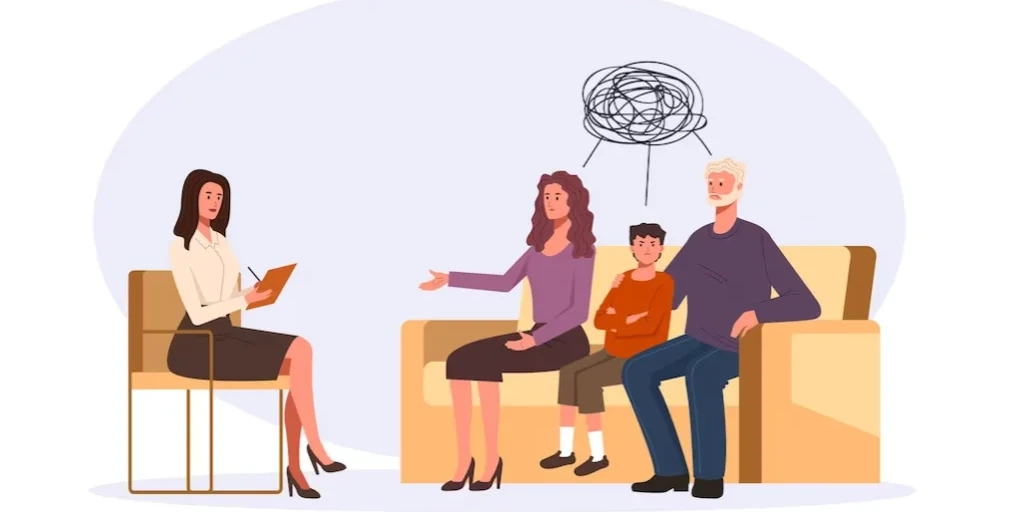24/7 Helpline:
(866) 899-221924/7 Helpline:
(866) 899-2219
Learn more about Individual Therapy centers in Roseland
Individual Therapy in Other Cities

Other Insurance Options

Carleon

Absolute Total Care

Regence

Premera

WellPoint

Health Choice

Private insurance

Optum

EmblemHealth

United Health Care

Cigna

Highmark

Health Net

Covered California

MHNNet Behavioral Health

Molina Healthcare

GEHA

AllWell

PHCS Network

Access to Recovery (ATR) Voucher









Women’s Refuge
Women's Refuge is a place where women can go to have an emotional, mental, and spiritual experience,...

Substance Awareness Center of Indian River County
Substance Awareness Center offers outpatient treatment for individuals with alcohol and/or substance...

Dynamic Life Recovery Centers
Dynamic Life Recovery is a drug and alcohol treatment center that specializes in creating a long ter...






New Horizons of the Treasure Coast
New Horizons of the Treasure Coast is a private rehab located in Vero Beach, Florida. New Horizons o...

Indian River Medical Center – Behavioral Health
Indian River Medical Center – Behavioral Health is a private rehab located in Vero Beach, Florida. I...

Suncoast Mental Health Center – Vero Beach
Suncoast Mental Health Center – Vero Beach is a private rehab located in Vero Beach, Florida. Suncoa...

Breakthrough Recovery Services
Breakthrough Recovery Services is a private rehab located in Vero Beach, Florida. Breakthrough Recov...

Advanced Wellcare Group
Advanced Wellcare Group is a private rehab located in Vero Beach, Florida. Advanced Wellcare Group s...

Gate Lodge at Origins
Origins Behavioral HealthCare provides a comprehensive continuum of individualized alcohol and drug ...

Ocean Addiction Recovery Services
Ocean Addiction Recovery Services is a private rehab located in Vero Beach, Florida. Ocean Addiction...

Intervention First
Services offered at Intervention First include: Sober Concierge, Consultation, Interventions, and Co...

Western Judicial Services
Western Judicial Services offers outpatient substance abuse treatment for the Florida Department of ...

Mental Health Association – Walk in Center
Mental Health Association – Walk in Center is a non-profit rehab located in Vero Beach, Florida. Men...

AA – Alcoholics Anonymous
AA – Alcoholics Anonymous is a non-profit rehab located in Vero Beach, Florida. AA – Alcoholics Anon...

Newport Club
Newport Club is a non-profit rehab located in Vero Beach, Florida. Newport Club specializes in the t...

ADAP Counseling Services
ADAP Counseling Services offers comprehensive counseling and educational programs for the community....
































































